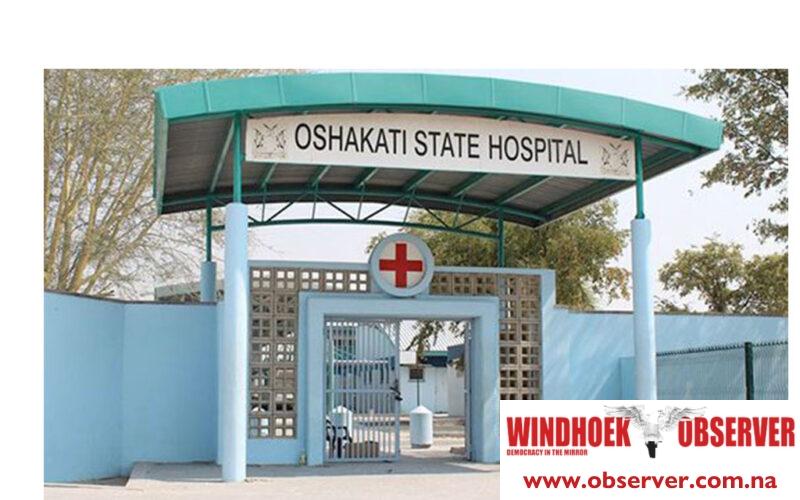Niël Terblanché
The Oshakati Intermediate Hospital is set to receive Bhabhatron machines for cancer treatment, provided by the Indian government.
This decision follows the visit of India’s External Affairs Minister, Subrahmanyam Jaishankar, to Namibia last year.
The Indian High Commissioner to Namibia, Mandarapu Subbarayudu, during a farewell courtesy call on President Nangolo Mbumba at State House last week, announced that once the necessary administration is finalised and the infrastructure at the hospital is sufficiently prepared and ready, the machines will be installed at the hospital.
The Bhabha Atomic Research Centre developed Bhabhatron machines, which are advanced external beam radiation therapy devices used in cancer treatment.
These machines utilise radioactive cobalt-60 to deliver precise radiation doses to tumours while minimising exposure to surrounding healthy tissues.
This capability results in superior treatment outcomes, enhancing the overall effectiveness of cancer therapy.
The eventual deployment of Bhabhatron machines in Namibia will be an important advancement in the country’s oncological treatment capabilities.
With its ability to provide higher tumour doses while limiting radiation to surrounding healthy tissues, the Bhabhatron machine ensures more precise and effective treatment.
This technology is part of India’s broader efforts to enhance global healthcare infrastructure and reflects strong bilateral relations between India and Namibia.
Subbarayudu also announced support for vulnerable communities in the form of drought and food aid.
He added that India plans to assist Namibia by providing training in drought-resilient agricultural practices, which could offer sustainable solutions to the country’s recurring drought issues.
This pledge by the outgoing High Commissioner follows Namibia’s appeal to the international community and development partners for support in its drought relief efforts.
The Indian government has a history of supporting Namibia, including the provision of 1 000 tonnes of cereal in 2019 to aid drought-stricken households.
More recently, India collaborated with Namibia’s Ministry of International Relations and Cooperation to organise a conference on millet production.
In this case, experts from the International Crops Research Institute for the Semi-Arid Tropics explored the potential of introducing various types of millet to Namibia and supporting local farmers in increasing productivity.
Subbarayudu reiterated that India’s engagement with Namibia is multifaceted, involving immediate relief efforts and long-term developmental assistance.
He added that the collaborative efforts are a demonstration of the importance of international partnerships in addressing environmental and humanitarian challenges.
Besides healthcare advancements, India also supports Namibia through educational opportunities, economic development, and agricultural resilience initiatives.




